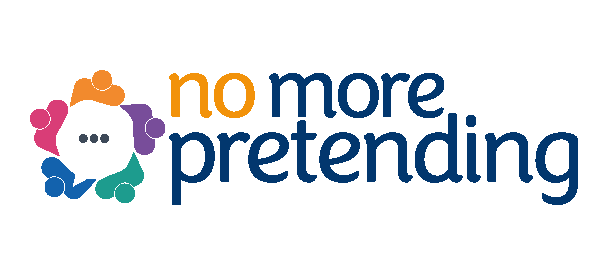The signs are there. You never see them. How could you? How could it be that your loved one is an alcoholic? This doesn’t happen to you or your family. However, it becomes hard to ignore and the behaviour of the alcoholic gets more erratic. Perhaps it gets violent and abusive. Dangerous even. Yet you still stay stuck in the cycle with your loved ones. After all, we love them, right? Isn’t that what we’re supposed to do for our loved ones? Be there no matter what. Unconditional love and all that.
In this case, no matter what means the abuse, physical and emotional. It means becoming a carer for someone, taking over the day-to-day running of their lives because they’re unable to. Effectively becoming a single parent and carer all rolled into one (if you have kids), dealing with the police regularly and the NHS, taking care of their kids, worrying for their safety, for others’ safety. This is just the tip of the iceberg. The everyday living with an alcoholic, as all loved ones know, is fraught with many dangers. It’s like waking up and walking on eggshells every day, not knowing what nightmare you’ll encounter that day.
Some days there is a glimpse of the old person you know. It feels like you've got the old person back - your sibling, parent, partner, friend, relative. Perhaps there are some good days in between the horrifically bad. Maybe these good days make you feel like everything will be OK again. This is an illusion because you can’t go back to the way things were.
Just like the alcoholic needs to hit rock bottom, so do we. Often out of misguided love, we enable the alcoholic. When hitting rock bottom, we can become aware of our own destructive patterns. Although it may seem like we're acting out of love putting ourselves last is destructive. We really must fill our own cup first.
When I hit my rock bottom, it led me to Al-Anon — a support group for families of alcoholics. I'm not sure how else I would have stopped my own enabling behaviour. I'm not sure how else I would have put myself first. At this point, my health had really begun to suffer. I realised my life was becoming unmanageable and I could not do this alone anymore. Al-anon helped me to find people who were also coming to realise their own recovery mattered too. It was the place I learnt I couldn't control the situation. I couldn't cure it and I certainly did not cause it. I also learnt about having boundaries in place to protect myself.
It sounds like a foreign concept when loving an alcoholic – boundaries. However, it may be one of the foundational pillars for your own healing. We need healing too and to recognise the huge toll alcoholism takes on us. Never underestimate how far this disease can spread and how many people are impacted.
Sometimes I make mistakes. Sometimes I say the wrong thing. Sometimes I feel guilt and shame about my own behaviour in this whole situation. Sometimes I feel so anxious I feel like I can’t breathe. Mostly, I feel a deep sense of grief for all that I've lost and the deterioration of my relationship with the alcoholic. I do not put all this blame on the alcoholic because it is a family disease. There are many reasons why people drink and many reasons for the pain behind them. This does not excuse behaviour but it helps me to bring peace and forgiveness to my mind.
This journey is like being on a rollercoaster, one you didn’t ask to get on. One that makes you feel like you’re stuck and you can’t get off. In this rollercoaster, we can get off and find our own peace. It begins with us. We too are on our own path of recovery. One that means empowering ourselves and loving the alcoholic a different way from enablement. One that says I love you enough to let you hit your own rock bottom. I hope and pray this rock bottom is what the alcoholic needs to start their own recovery. No matter what, I keep the focus on what I can control and that is me. It’s a work in progress this recovery but having support around me is crucial to keep me on my own path.
In case this sounds all doom and gloom, there is hope. It didn’t come from the place I thought it would. I thought I would feel better when the alcoholic stopped drinking and when they behaved a different way. This is madness because we can’t control another person’s behaviour. The hope for me came from focusing on myself. It came from my own recovery and support from others.
There is hope, I promise you. There is support out there for you when you are ready. You are most definitely not alone.
